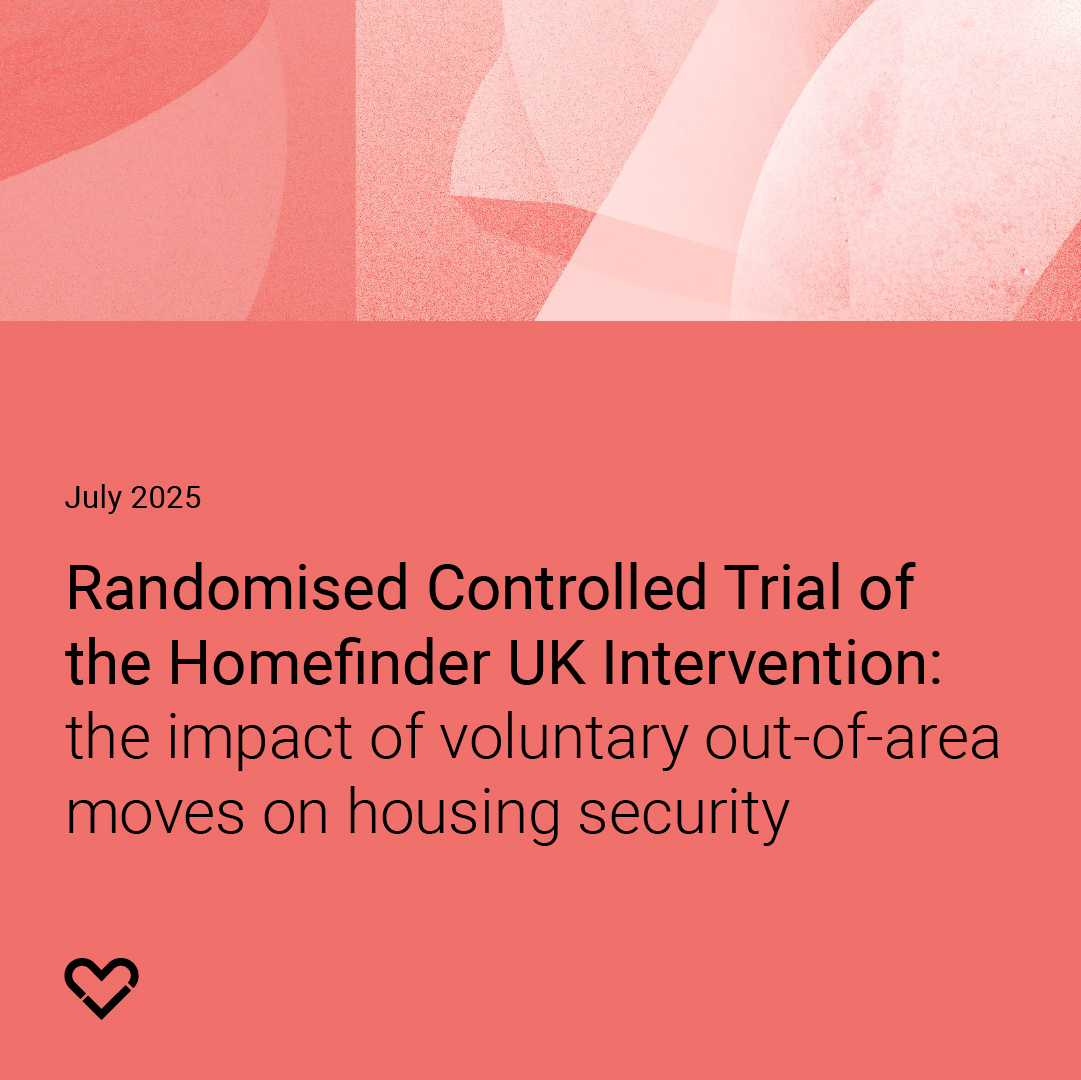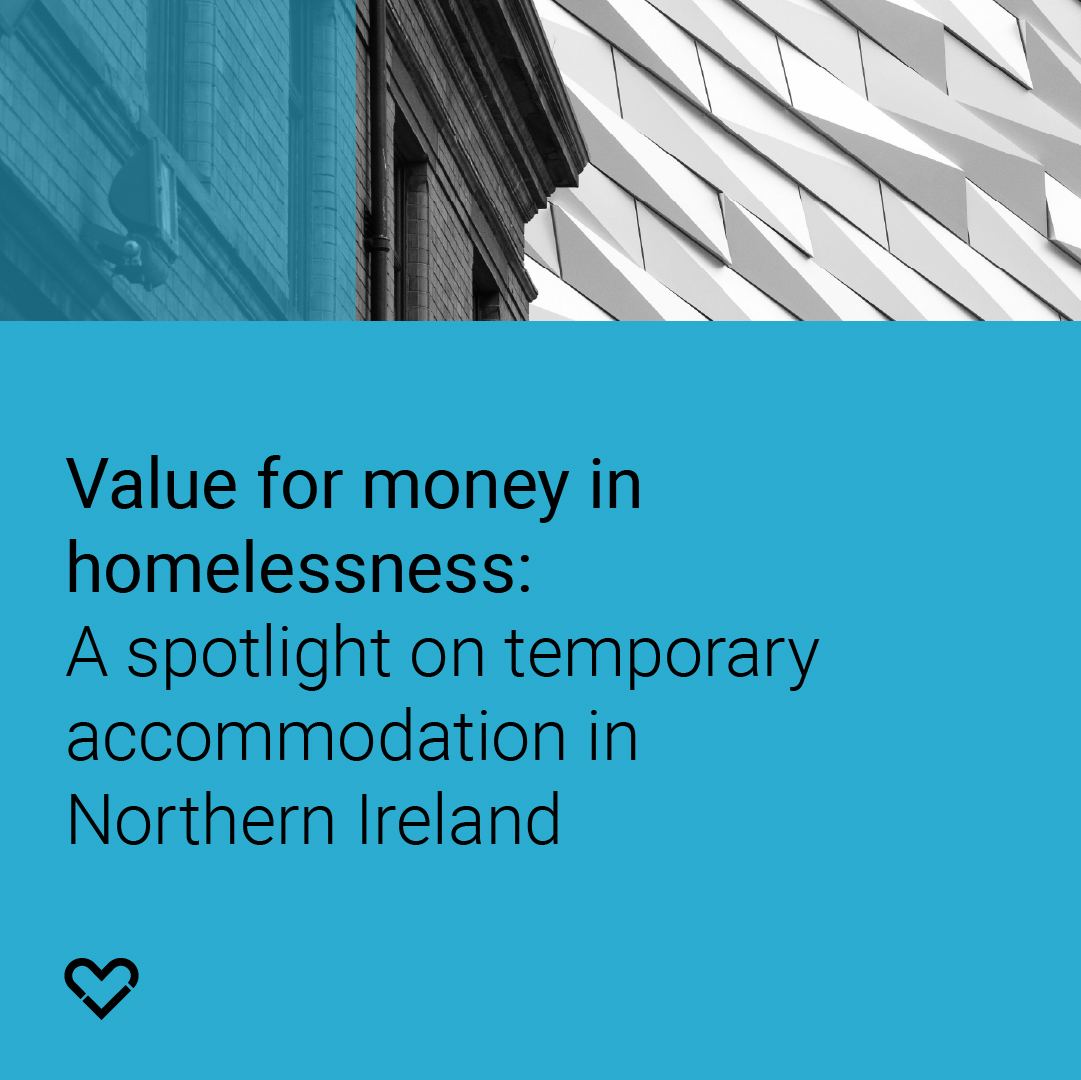What Works Evidence Notes: Mental Health and Homelessness
Outline of the study
This evidence review examines the relationship between homelessness and mental health, focusing on street homelessness and single homelessness. The research revaluates how effective various approaches are at supporting and preventing mental health problems among people experiencing homelessness.
Findings in brief:
- Mental health is the most common support need among households approaching councils for homelessness help (26.4% in 2022)
- Mental health issues are both a contributor to homelessness and exacerbated by homelessness
- Recent data suggests that rates of mental health needs in the street homeless population range between 49% and 80%
- 12.7 % of people experiencing homelessness have psychotic illness, compared to 1% in the general population. Data from Scotland shows five times higher mental health admission rates to mental health specialities than peers in the most deprived areas
- Children in temporary accommodation for over a year are three times more likely to have mental health problems, such as depression and anxiety
- Access to mental health services for people experiencing homelessness remains problematic: evidence suggests that only 29% of rough sleepers with mental health needs have accessed services in the previous three months, despite 85% being registered with a GP
- Three integrated support models show evidence of effectiveness: Assertive Community Treatment (ACT) improved housing stability by 37% and mental health symptoms by 26%, compared to traditional case management; Community Engagement and Planning (CEP) reduced homelessness risk and improved mental health-related quality of life; Family Critical Time Intervention showed potential to improve mental health and school outcomes for children.
Recommendations in brief:
- Promote implementation of integrated approaches such as ACT and CEP and explore the implementation of Integrated Care Systems, which bring together professionals from multiple disciplines to provide tailored support for individuals
- Expand the evidence base through robust evaluations of mental health interventions for people experiencing homelessness in the UK, including removing barriers to service access and ensuring evaluation of housing outcomes
- Increase focus on homelessness prevention interventions, including introducing and evaluating mental health screening mechanisms for people experiencing homelessness.
No items found.





.jpg)

